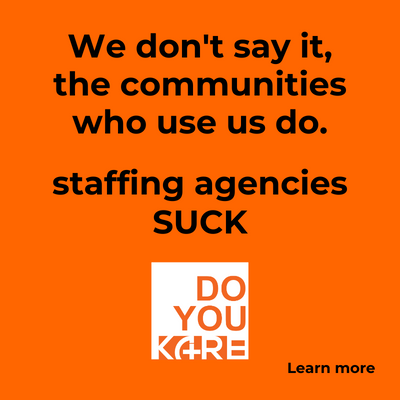By Steve Moran
I got a text in the middle of the night about a story out of Riverside, California involving a nursing home that was under an emergency evacuation order from the county’s public health officer. The reason:
Only 1 of 13 CNAs showed up to work for the day shift, two days in a row.
Kaiser and the University healthcare system stepped into the breach sending in 33 nurses to care for residents until they could be moved.
15 ambulances came and started moving residents:
- 15 residents went to a nursing home 60 miles away
- 7 went into the local hospital system
- 5 went to local hospitals
- 28 went to a special field hospital 70 miles away
Beyond this, I have heard several stories about how other communities have had staff who threatened to walk out unless they received more money and in some cases better access to PPE.
Staff Is Everything
I know saying staffing is everything is almost redundant but we need to figure this out. We need to:
- Pay enough so staff do not have to work in more than one community
- Make sure there are childcare resources for staff
- Ensure staff safety is the highest priority
- Be thinking about what else team members might need; transportation, groceries, even basic supplies.
There is one other factor that may be coming into play here. With the extra unemployment benefits being paid by the federal government, caregivers in most states will end up making more money on unemployment than working. They will be safer and will not need to worry about childcare. This could be a major factor for the next couple of months.
Implications
I am listening to a webcast from NIC and there seems to be a sense that this COVID-19 challenge will be relatively short term. I am not so sure. I think we will see communities and companies that do in fact come back to near normal, but we will see communities that struggle and communities that close.
It seems likely that we will need to become more serious about how we serve our teams. They are likely to demand better treatment and better compensation. I expect to see a bifurcation of operators. There will be operators who took care of their teams and who will continue to take care of teams. They will become preferred providers.
There will be another class of operators who will try to go back to the old normal and it will not go well. They will end up with lower quality team members and will struggle with occupancy.
While this is a terrible tragedy for so many people, I do believe it will make the industry stronger.








